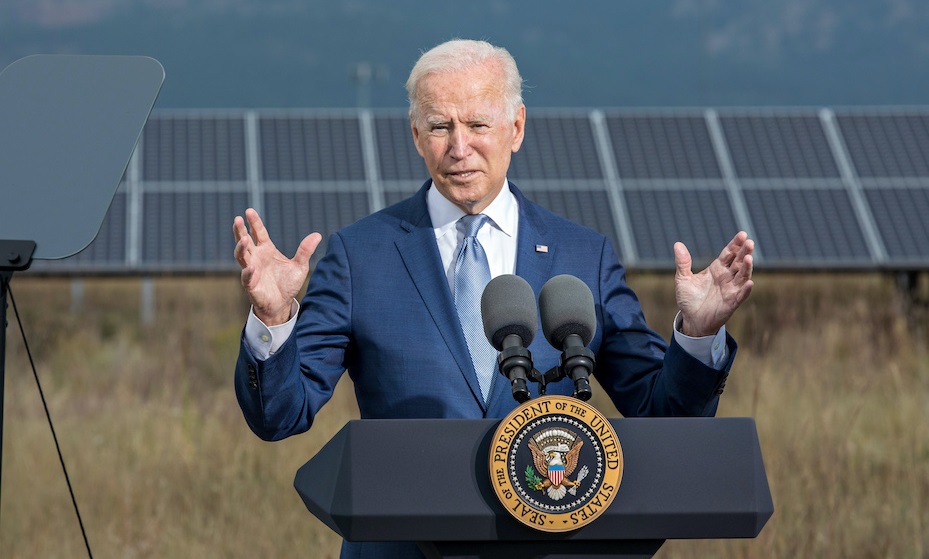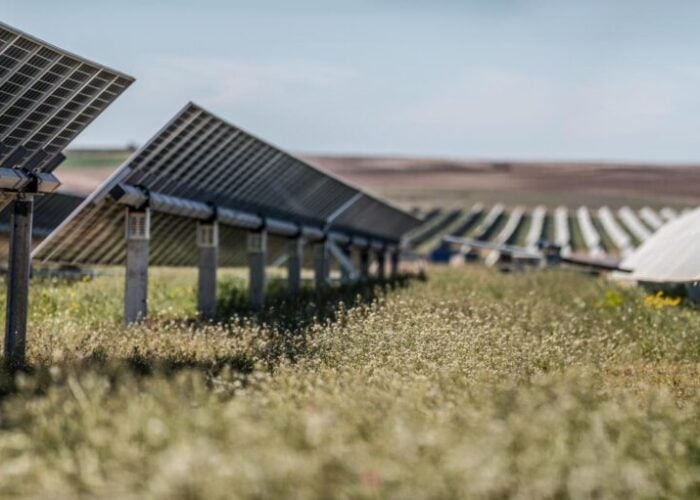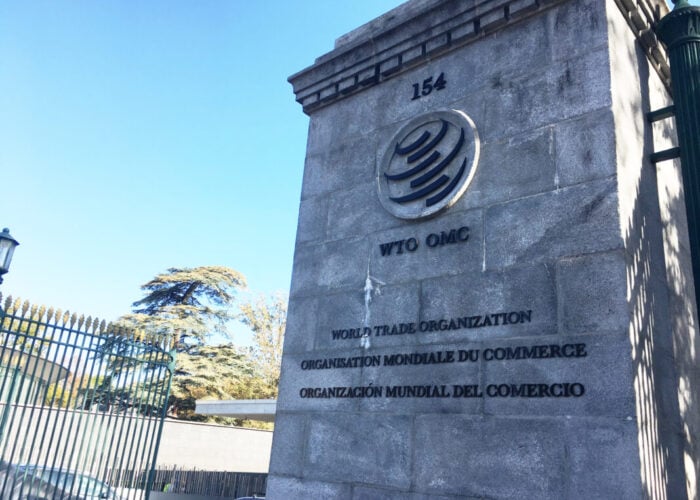
US clean energy and climate change measures would receive US$555 billion of investments under a proposed economic framework unveiled by President Joe Biden yesterday (28 October).
Forming part of a US$1.75 trillion reconciliation package, the proposed renewables support measures include ten-year expanded tax credits for utility-scale and residential clean energy – including solar PV – as well as incentives to spur domestic PV manufacturing.
Try Premium for just $1
- Full premium access for the first month at only $1
- Converts to an annual rate after 30 days unless cancelled
- Cancel anytime during the trial period
Premium Benefits
- Expert industry analysis and interviews
- Digital access to PV Tech Power journal
- Exclusive event discounts
Or get the full Premium subscription right away
Or continue reading this article for free
Describing the framework, dubbed the Build Back Better Act, as making “the most significant investment to deal with the climate crisis ever”, Biden said it will position the country to achieve its target of a 50-52% emissions reduction by 2030.
With US$320 million, the bulk of the clean energy and climate investments are earmarked for tax credits, which would also include credits for storage and clean energy manufacturing. This is followed by US$110 billion in proposed incentives to support new domestic supply chains and technologies, such as solar and battery storage, while aiming to boost the competitiveness of existing industries, like steel, cement and aluminium.
The final design of an extension to the US ITC for solar and possible addition for standalone energy storage has been the subject of much conjecture. Its inclusion in a draft budget bill last month, establishing a 10-year ITC for solar at 30%, with potential adders for domestic content and community solar, was warmly received, but wrangling between Democrats over the total cost of the bill has forced the Biden-Harris administration into concessions to cut the cost of the bill effectively in half.
The inclusion of prospective tax credits for solar energy manufacturing – albeit somewhat watered down compared to original proposals – was celebrated by Senator Jon Ossoff, who has been pushing for his draft Solar Energy Manufacturing for America Act to be welded into a budget bill for much of this year. The bill has garnered strong support against a backdrop of a tense trade war with China which has seen solar imports take centre stage.
Ossoff celebrated the inclusion of tax credits in the framework on Twitter yesterday.
☀️ Solar power
— Jon Ossoff (@ossoff) October 29, 2021
Some US$20 billion would provide incentives for government to be a purchaser of “next gen technologies”, including long-duration storage, small modular reactors and clean construction materials. Finally, US$105 billion would be to address areas such as extreme weather and legacy pollution.
The framework has been warmly welcomed by the US renewables industry, with Solar Energy Industries Association (SEIA) CEO Abigail Ross Hopper saying it contains “the most ambitious and transformational clean energy policies we’ve ever seen from Congress”.
She said: “For the sake of our climate, the economy and American workers, the solar industry is urging Congress to come together and pass this momentous legislation as soon as possible.”
While Biden is aiming to unite his party behind the framework, it remains unclear if it can attract the support of all 50 Democratic senators needed to get the proposal passed.
Meanwhile, following resistance from progressives, House Speaker Nancy Pelosi confirmed that a vote on a related US$1 trillion bipartisan infrastructure bill would now be delayed.
With Biden now in Europe ahead of the COP26 summit that begins on Sunday, Democrats will continue negotiations on both bills.
“We’re confident that soon we’ll pass both the Build Back Better Act and the bipartisan infrastructure deal,” White House spokeswoman Jen Psaki said in a statement yesterday.






